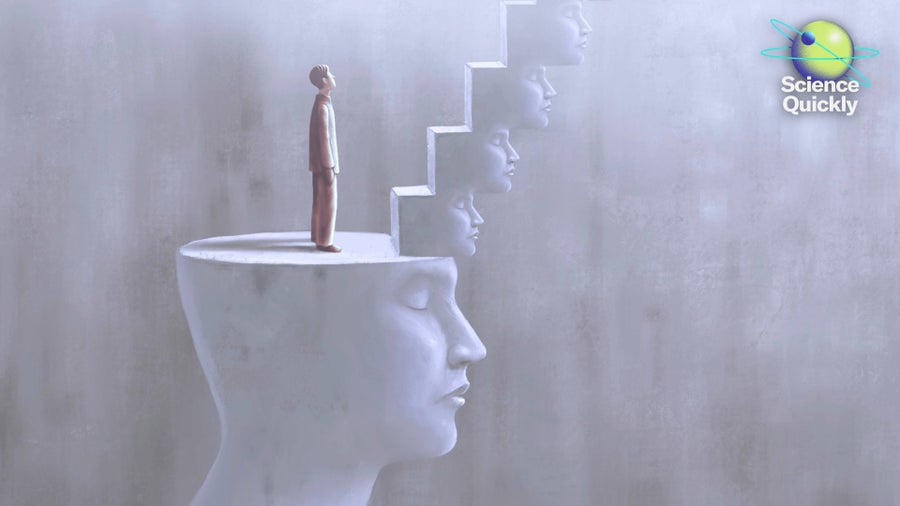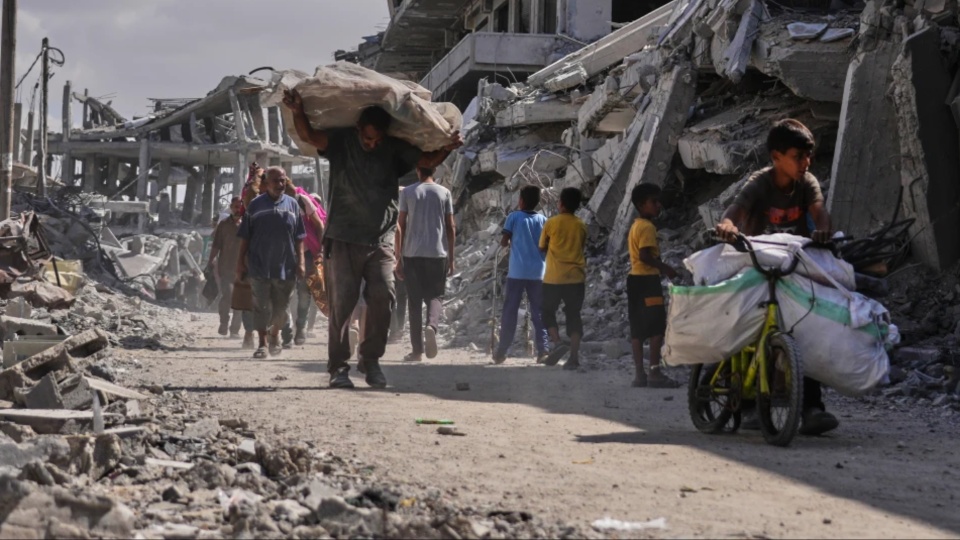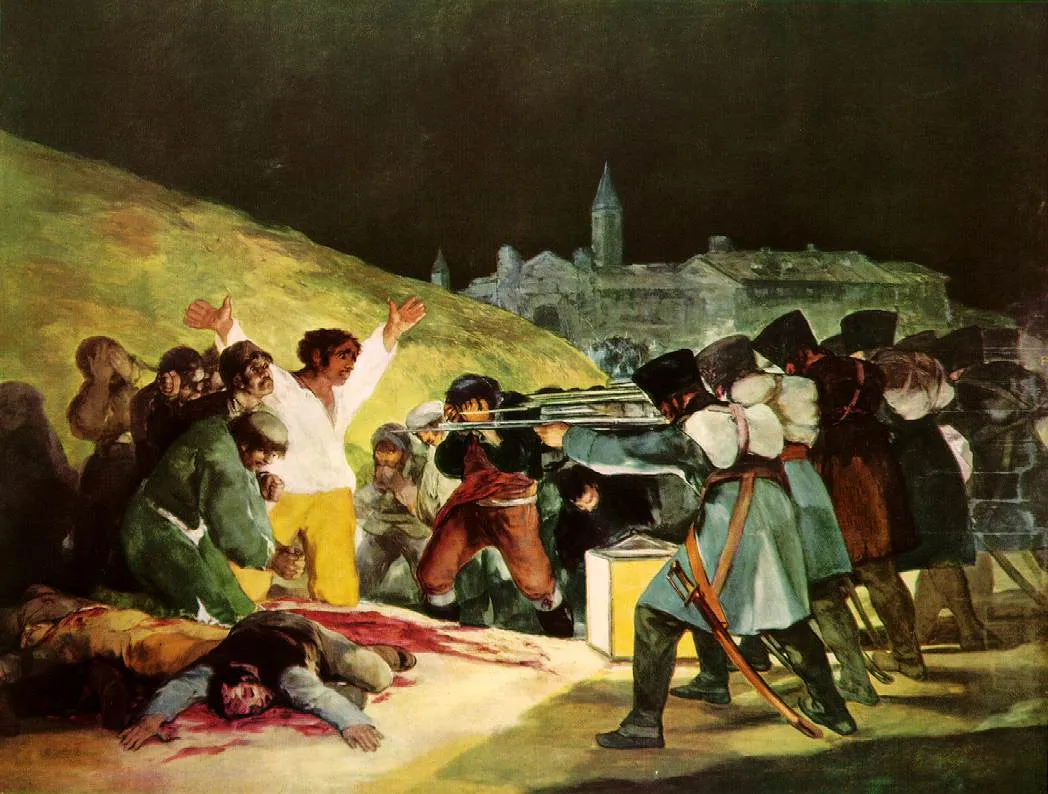by JAWED NAQVI
Mahatma Gandhi scribbled a short piece of advice in 1948 about ethical decision-making for those in public service.
“Whenever you are in doubt, or when the self becomes too much with you, apply the following test. Recall the face of the poorest and the weakest man whom you may have seen, and ask yourself, if the step you contemplate is going to be of any use to him. Will he gain anything by it? Will it restore him to a control over his own life and destiny? In other words, will it lead to swaraj [freedom] for the hungry and spiritually starving millions? Then you will find your doubts and your self will melt away.”
A young journalist put out a video clip last week that should have impressed Gandhiji. Some of the poorest men, women and children have been sleeping in the freezing Delhi winter, covered only with plastic sheets and gunny bags, outside AIIMS, India’s premier hospital. The people include very ill or old patients who have travelled for treatment from Bihar and Uttar.
It’s not that there is no night shelter outside the hospital, but it still leaves around 100 miserable people in the cold while they await their turn to see the doctor or be called for a procedure that could take days or even weeks to begin.
Reports from abroad are equally dismaying. India has never been humiliated like this. Donald Trump is misbehaving with everyone. Everyone is standing up to him, even Europe, but not India. All BRICS countries censured Trump for the military assault on Venezuela and the kidnapping of its president. Brazil is wary of the US because its president has been in prison at America’s behest. Yet it condemned Trump’s assault on neighbouring Venezuela.
South Africa and Russia expressed outrage, and China’s response was priceless. Expressing grave concern over the forcible abduction of Nicolás Maduro and his wife, China said: “Release them at once, stop toppling the government of Venezuela, and resolve issues through dialogue and negotiation.” And how did Vishwaguru, who plays host to the BRICS summit this year, respond?
“Recent developments in Venezuela are a matter of deep concern. We are closely monitoring the evolving situation,” the foreign ministry’s statement read. Not naming the US is understandable, given India’s desperate need to have a trade deal with Trump. But “recent developments”? Wasn’t the president of a sovereign country that once supplied oil to India just seized by the US military?
The very least the fractured parties can do is to stop carping at each other publicly.
It’s perplexing at the very least, therefore, that the Indian opposition continues to be in disarray, despite there being every reason for it to take a lesson from Gandhi’s talisman and give a piece of its mind to the government for an abysmal show at home and abroad.
Dawn for more








